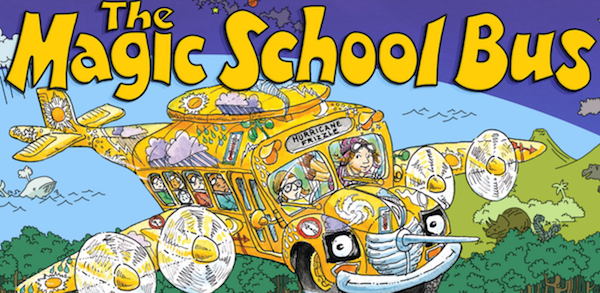Sometimes it’s clear what’s meant by one topic being more advanced than another. For example, algebra is more advanced than arithmetic because you need to know arithmetic before you can do algebra. If you can’t learn A until you’ve learned B, then A is more advanced. But often advanced is used in a looser sense.
When I became a software developer, I was surprised how loosely developers use the word advanced. For example, one function might be called more “advanced” than other, even though there was no connection between the two. The supposedly more advanced function might be more specialized or harder to use. In other words, advanced was being used as a synonym for obscure. This is curious since advanced has a positive connotation but obscure has a negative connotation.
I resisted this terminology at first, but eventually I gave in. I’ll say advanced when I’m sure people will understand my meaning, even if I cringe a little inside. For example, I have had a Twitter account SansMouse that posts one keyboard shortcut a day [1]. These are in a cycle, starting with the most well-known and generally useful shortcuts. When I say the shortcuts progress from basic to advanced, people know what I mean and they’re happy with that. But it might be more accurate to say the shortcuts regress from most useful to least useful!
I’m not writing this just to pick at how people use words. My point is that the classification of some things as more advanced than others, particularly in technology, is largely arbitrary. The application of this: don’t assume that ‘advanced’ necessarily comes after ‘basic’.
Maybe A is called more advanced than B because most people find B more accessible. That doesn’t necessarily mean that you will find B more accessible. For example, I’ve often found supposedly advanced books easier to read than introductory books. Whether the author’s style resonates with you may be more important than the level of the book.
Maybe A is called more advanced than B because most people learn B first. That could be a historical accident. Maybe A is actually easier to learn from scratch, but B came first. Teachers and authors tend to present material in the order in which they learned it. They may think of newer material as being more difficult, but a new generation may disagree.
Finally, whether one thing is more advanced than another may depend on how far you intend to pursue it. It may be harder to master A than B, but that doesn’t mean it’s harder to dabble in A than B.
In short, you need to decide for yourself what order to learn things in. Of course if you’re learning something really new, you’re in no position to say what that order should be. The best thing is to start with the conventional order. But experiment with variations. Try getting ahead of the usual path now and then. You may find a different sequence that better fits your ways of thinking and your experience.
* * *
[1] Sometime after this post was written I renamed SansMouse to ShortcutKeyTip. I stopped posting to that account in September 2013, but the account is still online.
Related posts


